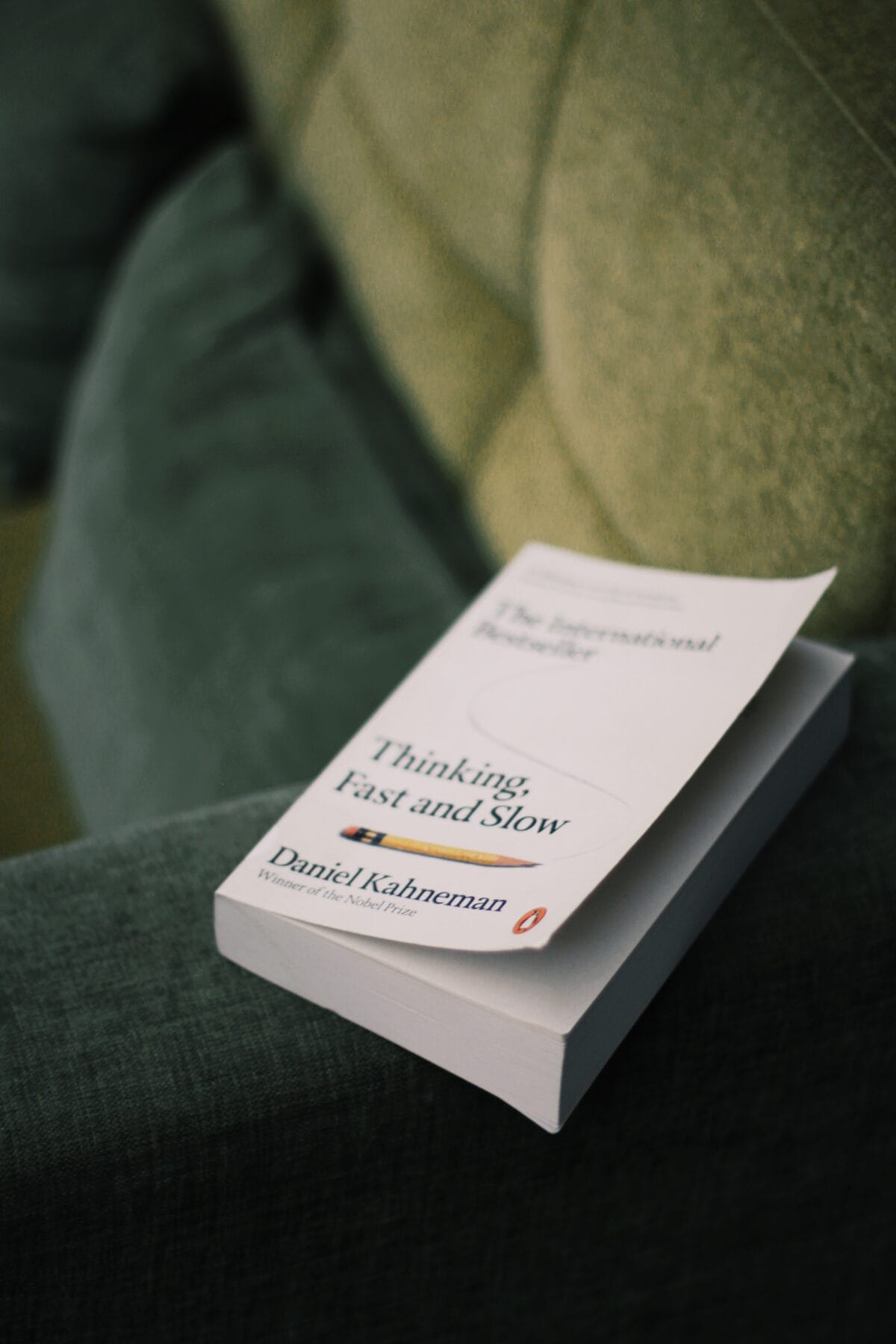
This post may contain affiliate links. For more information, read the full disclosure here.
If you have been trying to improve your life, building healthy habits is one of the best ways to serve that purpose. However, letting go of toxic habits is equally essential to make the new ones stick.
It may be hard to pinpoint whether you have toxic habits to quit. We engage in them subconsciously, and their effect on our lives flies under the radar.
Habits are powerful things. They are hard to learn, but they are even trickier to unlearn. To quit your bad habits, first, you must realize what they are and how they affect you.
You can start by noticing your daily routines and bringing awareness into your everyday life. Journaling is a handy tool to help in this process of self-reflection.
This article gives an example of 13 toxic habits you should quit right now. If you find some familiar, don’t worry, I do too…
The 13 Toxic Habits To Quit Right Now

Not Claiming What You Want
Have you ever backed down from claiming what you want to avoid causing an inconvenience? This could mean that you are afraid of conflict or scared to displease someone.
People pleasing is a highly depleting sport. Not everyone will like you, even if you try your hardest to prioritize their needs instead of yours. The toxic habit of always settling and receding will leave you constantly unsatisfied.
You deserve to take care of your needs, recognize your worth, and fight for what you want. Sometimes it is worth standing up for yourself, even if it means being looked at the wrong way or making some noise to be heard.
Not Respecting Your Boundaries
Allowing others to cross your boundaries gives the impression that you don’t take them seriously. If you don’t, then no one will.
Turn off your phone on your rest days, don’t reply to emails after a certain hour, say no to the extra work you are not paid for…
There is a saying: “Good agreements make good friends.” Indeed, boundaries help build healthy, respectful relationships of any kind.
Comparing Yourself To Others
“Comparison is the thief of joy” – Theodore Roosevelt
Comparing yourself to others is a rather common negative habit. We all do it to some point as a form of self-evaluation.
Social comparison, intentional or not, can influence many outcomes, including a person’s self-concept, level of aspiration, and feelings of wellbeing.
The outcomes of this comparison are perceived and interpreted subjectively. This means you can view your “difference” from others as inspiration and motivation or as a lack of self-worth.
However natural, this process can be particularly unhealthy. It can create negative feelings towards yourself or others, like self-pity or jealousy.
Instead of sizing up against others, track your growth by looking at past versions of yourself. You are a constantly evolving work of art, and every work of art is priceless and incomparable.
Judging Yourself Too Harshly
Sometimes we become our harshest judge. We forget to be kind and understanding to our best pal (yup, that’s us). Sh* happens, and nobody’s perfect.
Remind yourself of these two simple facts when you feel like blaming yourself. Do not allow negative self-talk, and avoid brooding over the things you did wrong.
You can easily turn this toxic habit around. Every mistake is an opportunity to learn and improve. Start by writing down your evaluation of the event, how you could have acted differently, and how this mistake has helped you change.
Anxiety Eating
Anxiety eating here refers to either eating when you are stressed or engaging in emotional eating.
Emotional eating is a common way of steaming negative emotions, especially when you hone a biased relationship with food. For example, your colleague cracks an ugly joke, and you nimble on your lunch before hunger hits you.
On the other hand, our fast-paced lives make it very hard to sit down and enjoy a calm meal. We often stress-eat in front of TVs or while juggling another task. This often leads us to eat way past satiety.
This bad habit can bring actual physical discomfort. It also creates a negative experience around food and eating.
To quit this toxic habit, you need to learn how to discriminate physical from emotional hunger and lend an ear to your body’s hunger and satiety cues.
Seeking Confirmation From Others
More or less, we are all guilty of expecting our boss, partner, or friend to recognize our worth and validate us.
Keep in mind that most people do need confirmation themselves. This makes them emotionally unavailable to give you the confidence boost you desire.
Also, note that, sometimes, people’s opinion of us is influenced by what we have to offer. However, you are worthy just because you are. What you do and other people’s opinions about it are irrelevant.
Being Irresponsible With Your Finances
Economic instability can drastically affect your life, becoming a source of constant anxiety. As human beings, we thrive on security. We need to know that we can make it through the next month.
Ultimately, being irresponsible with your money can deplete your quality of life and strain your mental health.
You can begin solving this by identifying which toxic habits eat away at your money. It could be buying things you don’t need, miscalculating your monthly expenses, or not making a realistic financial plan.

Resting Too Comfortably Inside Your “Comfort Zone”
According to the global phenomenon YES Theory: “life’s greatest moments and deepest connections exist outside your comfort zone.”
If you think about it, you will never be able to change your life if you always recycle what you know best. By exposing yourself to “uncomfortable” experiences, you can expand your idea of “comfortable.” In other words, seeking discomfort means seeking personal growth.
If you want to learn how to shift from a fixed mindset to a growth mindset, check out this article.
Taking Things For Granted
The house we live in, the food on our table, the people we love, our job… These are only some things we have never thought we could lack. But the truth is that part of our abundance is only owed to luck.
When we take things for granted, we disregard their importance. We don’t fully comprehend how privileged we are. And if you cannot appreciate what you already have, you will probably not be satisfied even when you have more.
The key to leading a happier life is to hone gratitude and drastically change your perception.
Being a Pessimist
Pessimism can be paralyzing and can keep you from pursuing your goals. Ruminating the things that don’t go well or always expecting the worst is a toxic habit that cuts down on your happiness.
Being set for the worst scenario is much different from being prepared for the possible setback.
However, being able to look at the bright side is not an inherent talent. On the contrary, optimism is a choice. You can opt to find the good in the bad, and this ability can be cultivated.
You can start by thinking about how the setbacks evolve us and how they allow us to see aspects we have ignored.
Spending Too Much Time On Social Media
Social media can become a rabbit hole. It easily catches your attention, making it hard to concentrate on more important tasks.
If you add up the time you spend on social media every day, you will realize how much of it is wasted mindlessly scrolling. If you find yourself doing this, you may want to consider a social media detox.
It is also a buffet for comparison. Everyone showcases only the things they want to, making you compare yourself to a filtered reality.
Finally, social media provide a shortcut for communication. They make it easier but not necessarily more authentic.
Making Assumptions About Others
We often make assumptions based on our knowledge and past life experiences rather than observations. This makes them biased and very subjective.
We allow these assumptions to influence our opinion about the people around us. When we label people like that, we limit the potential of making their acquaintance. It is best to allow people to unfold themselves to avoid making wrong judgments.
Doing Things Only To Fit In/Be Liked
Not everyone will like you, and that is okay! Doing things that do not express you to achieve the unachievable is a lot of work. Having tried it, I can tell you that pretending out of fear of rejection feels like betraying yourself.
Peer pressure can add to that fear, making it hard to say no to things you don’t like. Now, we come back to the importance of respecting your boundaries. It’s a win-win situation: you remain loyal to yourself and allow people to see your true self.
You will realize that, ultimately, people don’t bother so much to scrutinize you. Remember that you are your best self when you are your most authentic self.
Conclusion On Toxic Habits You Should Quit
Toxic habits can hold you back from reaching your full potential. They can create barriers to healthy relationships, financial stability, and overall well-being.
However, recognizing and quitting them is no easy feat. It requires self-reflection, awareness, and effort. The 13 toxic habits listed in this article are a great starting point to help you identify areas of improvement.
Remember that breaking bad habits takes time, and it’s a process that requires patience and kindness towards yourself. Celebrate small wins along the way, and keep pushing yourself outside of your comfort zone to embrace personal growth.
With perseverance and dedication, you can change your life and become the best version of yourself.

I definitely do a fair few of these! I’m trying to not judge myself too harshly at the moment x
Even though you may recognize some of these, it’s great that you’re not being too hard for yourself!